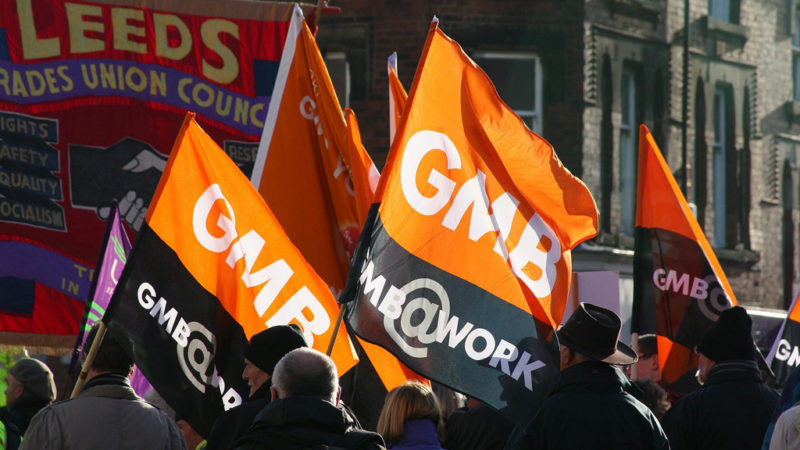
GMB national secretary Andy Prendergast has warned that the country faces a choice between funding the NHS “properly” or watching it “wither away”.
Speaking to Sky News this morning, Prendergast said: “Our members are exhausted. They’re working under far from ideal circumstances and conditions. And what they’re seeing is the health service basically withering away around them.
“And they want to see a health service that they’re proud of. And what we’ve seen instead is 12 years of decline, and it has to stop somewhere.”
“Our members in the NHS are seeing a service getting worse and worse and they’re saying this has to change. And we as a society have a choice. We either fund it properly, we either fund the people who do the job, or we continue to see it wither away,” Prendergast added.
NHS England figures released last week revealed that 7.1 million people in England were waiting to start hospital treatment at the end of September, the highest total since records began. A total of 401,537 people had been waiting more than a year, up from 387,257 at the end of August.
Commenting on the record number of people on waiting lists, Prendergast said: “That’s a number that has basically increased to that level under 12 years of Conservative rule.”
“There was a Covid pandemic, but the fact is waiting lists were far higher going into the pandemic than they were a decade before,” he added.
The figures from NHS England revealed that a record number of people are waiting at least four hours in A&E, hitting 150,922 in October, up from 131,861 in September. A total of 43,792 people waited longer than 12 hours in October, up 34% on the previous month.
The operational standard for A&E waiting times – introduced by Labour in the early 2000s – is that at least 95% of patients should be admitted, transferred or discharged within four hours.
According to a King’s Fund report in May, the NHS has not met the four-hour standard at national level in any year since 2013/14, and the standard has been missed in every month since July 2015.
The think tank said waiting times have “worsened substantially” in recent years and attributed the decline to a “decade of funding settlements that failed to keep up with demand for services and growing staff shortages”.
The number of vacancies in the NHS hit a record high of more than 130,000 earlier this year. Commenting at the time, NHS Providers interim chief executive Saffron Cordery said the figures were “staggering” and “further proof that the NHS simply doesn’t have enough staff to deliver everything being asked of it”.
The Royal College of Nursing (RCN) confirmed last week that members have voted to strike – for the first time in the organisation’s 106-year history – in a dispute over pay. UNISON announced last month that it was balloting approximately 350,000 NHS employees about strike action over pay.
'We as a society have a choice – we either fund it properly or we continue to see it wither away.'
GMB's national secretary Andy Prendergast says his members are seeing the NHS "get worse and worse" and that "has to change".https://t.co/PAiZ4DiULB
📺 Sky 501 and YouTube pic.twitter.com/Vr3YkOGZdI
— Sky News (@SkyNews) November 16, 2022




More from LabourList
‘SEND reforms are a crucial test of the opportunity mission’
Delivering in Government: your weekly round up of good news Labour stories
Labour place third in Gorton and Denton by-election as Greens gain seat